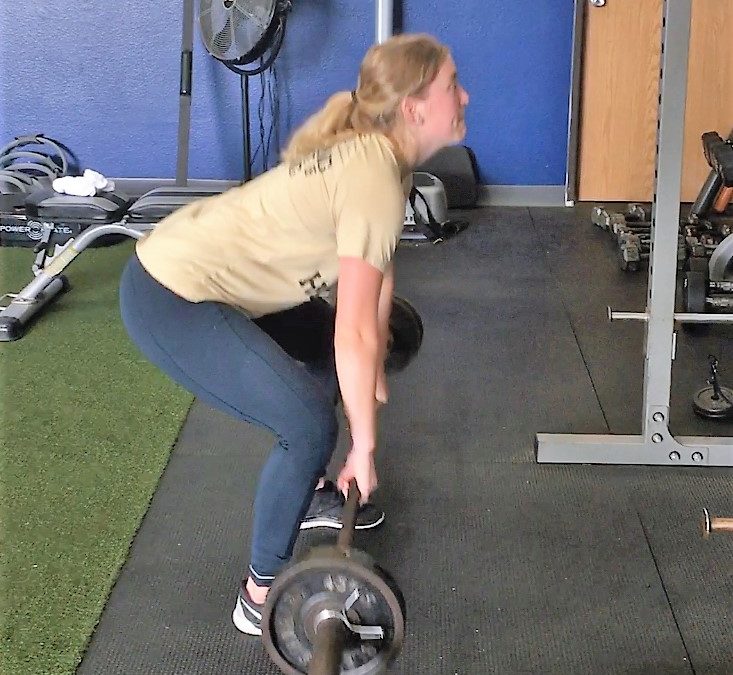With sport specialization at a young age becoming the norm, it raises another question: what about sport-specific training?
Social media and marketing suggest that all athletes should train specifically for their sport using cool-looking, and often complex, exercises that mimic specific sports. Are these training programs truly helping your athlete or are they making matters worse by overtraining the same movements they are already performing in practice? Are they adding value to your athlete’s training, or asking them to perform exercises they aren’t prepared to do?
While it is true that we need to prepare for the demands placed on an athlete, the priority is building a strong foundation of the basics. Social media is full of elite athletes and influencers doing complex, “cool”-looking exercises, but can your athlete simply squat and lunge in good form? Do they have the core strength to hold a proper plank for 30 seconds? Or the cardio capacity to play a game without getting tired?
Renowned strength coach, Mike Boyle, notes “does a fast baseball player look any different than a fast soccer player? The answer is no.” A common goal we hear from parents is they want their athlete to get from point A to point B faster; in other words, accelerate quicker. Improving your first three steps in hockey is no different than soccer, so why do we feel the need to make it more sport-specific? Acceleration can be improved by ensuring correct mechanics, increasing strength, and increasing power. These are things all athletes need to work on, not just hockey players or football players.
The best way to become a better hockey player, soccer player, or baseball player is to first build a better athlete. A sport’s demands and specific injury risks need to be considered when fine-tuning a program. The bulk of the programming, however, should focus on the basics of athleticism: flexibility, stability, speed, strength, and power. While training programs can look similar from athlete to athlete, they can still be productive, regardless of sport.
Chris Phillips is an Athletic Trainer and Strength and Conditioning Specialist with over 30 years of experience in professional hockey, football, and soccer. Chris is the owner of Compete Sports Performance and Rehab in Orange County, California.

